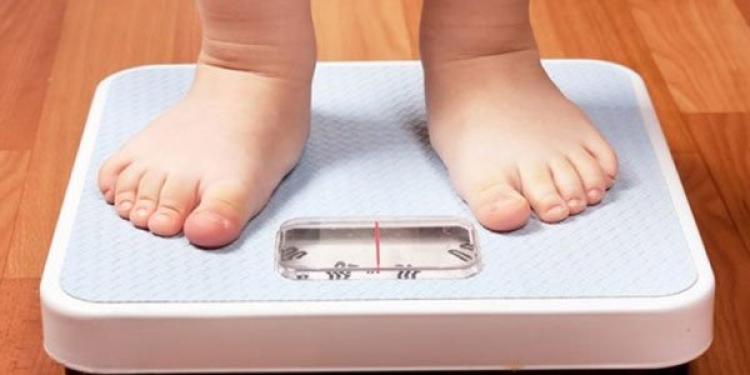Study Finds Casinos Can Help Decrease the Risk of Childhood Obesity
Posted: March 5, 2014
Updated: October 4, 2017

Building or expanding casinos contributes to the decrease of poverty and lowers the risk of childhood obesity, American researchers claim.
They might be stretching things a bit, but a team of researchers from the Johns Hopkins Bloomberg School of Public Health in Baltimore has found that opening casinos or expanding the gambling industry can help America fight childhood overweight or obesity.
The team lead by Jessica C. Jones-Smith, Ph.D., published the findings of its study in the Journal of the American Medical Association (JAMA). After that, it was only a matter of time until the story got picked up by international gambling news.
By associating casino profits with increased family income and decreased poverty rates, the experts reached the conclusion that children who grow up in communities where casinos are legal and flourishing are less likely to be overweight.
Experts studied BMI of Indian children
According to the article published in JAMA, “American Indian-owned casinos have resulted in increased economic resources for some tribes and provide an opportunity to test whether these resources are associated with overweight/obesity.”
Could the Shakopee tribe serve as the perfect example to sustain these arguments? It is believed that every member of the small Indian community is now a millionaire, thanks to their successful casino business.
The researchers measured the body mass index of American Indian children from 117 school districts and used the information in their study. They eventually found that for every 1 casino slot per capita, there was an increase in average annual income.
Whether these findings are accurate or not, one thing is certain: it’s good to have a study like this to flaunt in front of politicians whenever they discuss changing the current American gambling laws.












